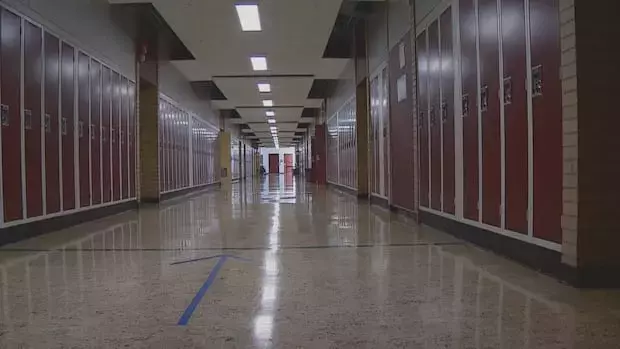
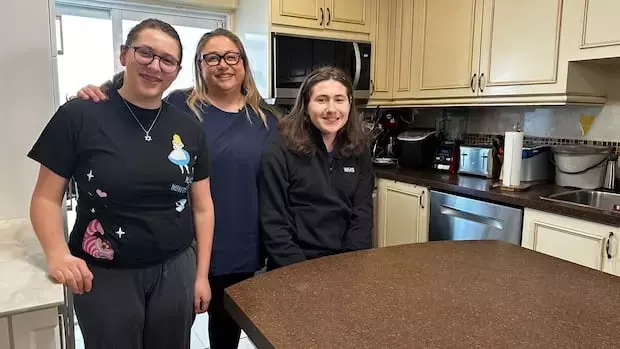
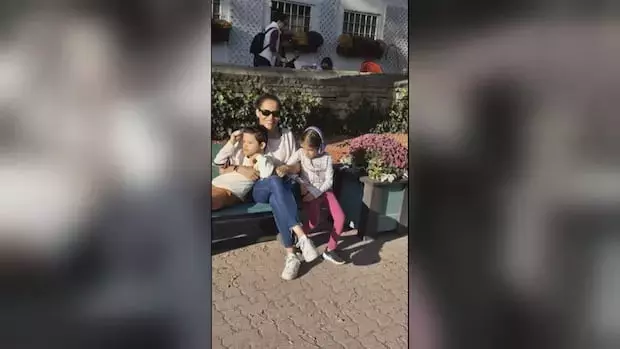
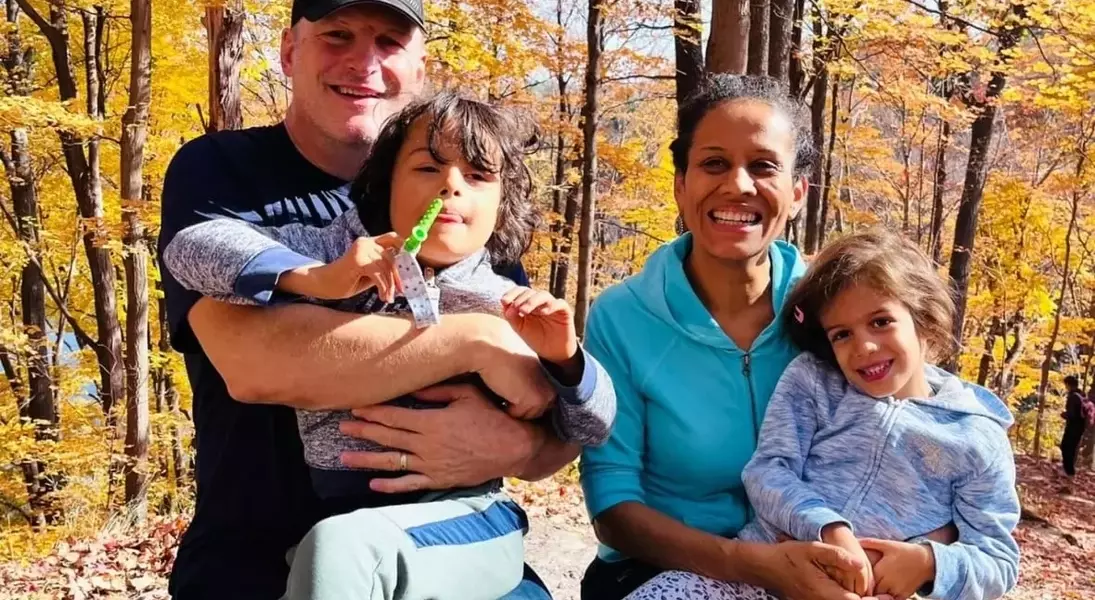
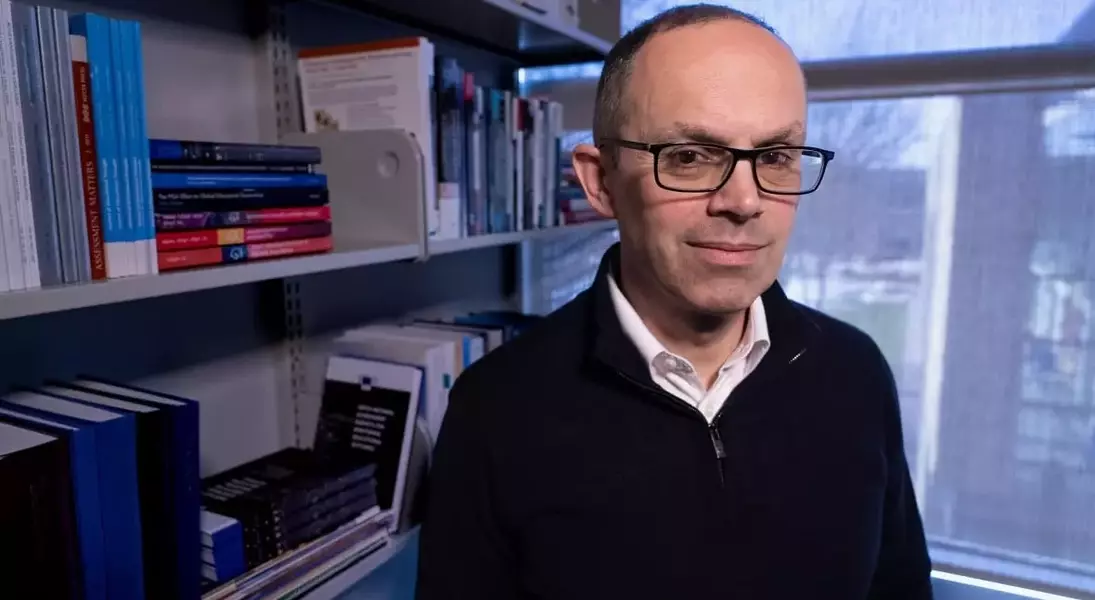


The lasting effects of the pandemic continue to shape the educational journey for many families. For Katherine Korakakis and her children, Bella and Nathan, navigating these challenges has required significant financial investment and emotional support. Korakakis shares that she spends nearly $400 weekly on supplemental tutoring to bridge the gaps in their education. Despite this effort, both teenagers still face difficulties in subjects like math, French, and science. Korakakis emphasizes that her family is not alone in this struggle, advocating for a broader understanding of the issue as the president of an Anglophone parents’ organization in Quebec.
Across Canada, the disruptions caused by school closures were profound. Ontario experienced the longest shutdowns in North America, closely followed by Quebec. At the time, authorities believed closing schools would help control virus spread among children and their families while alleviating pressure on overwhelmed hospitals. However, these measures also introduced new challenges, such as alternating between virtual and in-person instruction, diminished student engagement during online classes, delays in academic assessments, and heightened anxiety about social interactions. Experts agree that these ripple effects persist, influencing students' learning trajectories even today. In Montreal, Korakakis highlights the additional expense of therapy to address Nathan's lingering anxiety tied to strict curfews and prolonged isolation during the pandemic.
In Toronto, Adriana Ferreira recounts similar struggles affecting her two children with autism, Samuel and Sophia. While funding from the Ontario Autism Program aids their recovery, Ferreira notes that the pandemic delayed crucial interventions for Sophia, impacting her social skills development. Louis Volante, an esteemed professor at Brock University, underscores the global scale of learning loss through a major international assessment revealing significant setbacks in mathematics and reading. Volante advocates for a holistic approach addressing physical health, mental well-being, and social-emotional learning alongside academic catch-up strategies. Both Korakakis and Ferreira stress the urgent need for comprehensive government initiatives to support all aspects of child development post-pandemic. Their stories reflect the importance of resilience and community support in overcoming shared adversities.
As families like Korakakis' and Ferreira's strive to rebuild their children's educational foundation, it becomes evident that collaboration between parents, educators, and policymakers is essential. By prioritizing resources and fostering environments conducive to growth, we can ensure every child regains lost opportunities and thrives academically and emotionally. This collective effort not only addresses immediate needs but lays a foundation for future generations to flourish amidst challenges.
